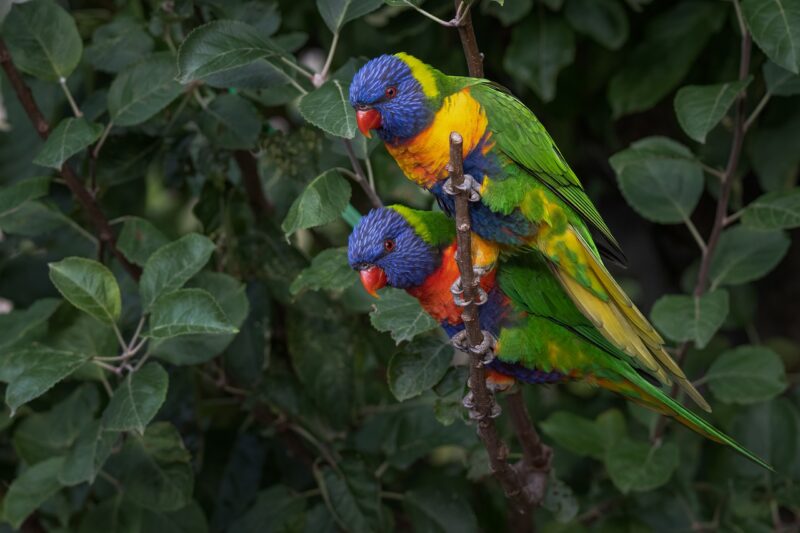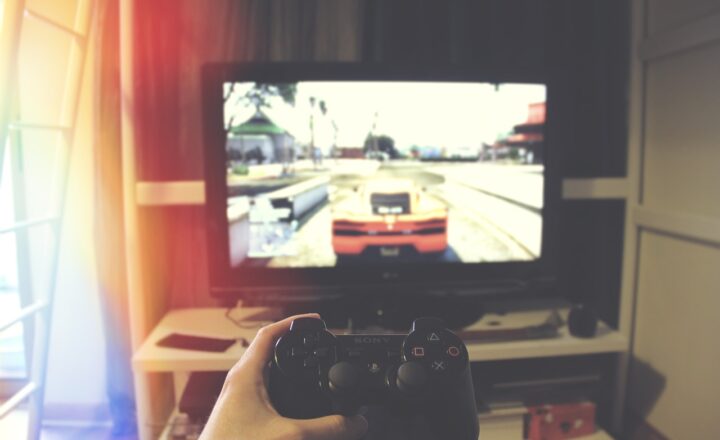Why Parrots Need Social Interaction: How to Keep Your Bird Mentally Stimulated
November 13, 2024

Parrots are highly intelligent and social creatures, known for their vibrant personalities and stunning plumage. However, many pet owners underestimate the importance of social interaction for these fascinating birds. Social interaction is not merely a luxury for parrots; it is essential for their mental health and overall well-being. In this article, we will delve into why parrots need social interaction and provide actionable tips on how you can keep your feathered friend mentally stimulated.
The Social Nature of Parrots
Parrots are inherently social animals. In the wild, they live in flocks that can number from a handful of birds to hundreds. This social structure plays a crucial role in their survival, allowing them to defend against predators, forage for food, and raise their young. The pack mentality of parrots relies on regular communication, companionship, and interaction with other birds. Consequently, when they are kept in isolation, it can lead to significant psychological issues.
In captivity, neglecting the social needs of a parrot can result in detrimental behaviors. Parrots may become anxious, depressed, or develop neurotic behaviors such as feather plucking and excessive screaming due to loneliness or lack of stimulation.
The Consequences of Isolation
When parrots do not receive adequate social interaction, they may exhibit several signs indicating distress:
- Decreased Activity Levels: A parrot lacking social interaction might become lethargic, spending long periods sitting quietly instead of engaging in normal playful activity.
- Behavioral Issues: Common issues include excessive screaming, biting, or destructive behavior, as parrots may act out due to frustration or boredom.
- Feather Plucking: This compulsive behavior can arise from stress and is often a sign of an unhappy bird. It can lead to physical harm if left unchecked.
- Increased Aggression: Loneliness can lead a parrot to become more aggressive as they feel unsafe or threatened in their environment.
Understanding these potential consequences highlights the necessity of social interaction for your parrot’s mental health.
Ways to Keep Your Parrot Mentally Stimulated
Here are several effective ways to ensure your parrot gets the social interaction and mental stimulation it needs:
1. Daily Interaction
Parrots thrive on human interaction. Spend time talking, singing, or simply being present with your bird. Engaging in conversations not only helps in bonding but also stimulates your bird’s cognitive abilities.
2. Introduce Toys and Puzzles
Provide your parrot with an array of toys, particularly those that encourage problem-solving. Puzzle toys that dispense treats can help prevent boredom and promote mental stimulation. Rotate the toys regularly to keep their environment fresh.
3. Create a Routine
Establishing a daily routine for play and interaction can provide our feathered friends with a sense of security. Regularly scheduled playtime also reinforces their social instincts.
4. Socializing with Other Birds
If possible, consider introducing your parrot to other birds. This could mean adopting another parrot or visiting bird-friendly locations. Interacting with other birds can fulfill their social needs and provide enrichment through their natural behaviors.
5. Training Sessions
Training can be an enriching activity that stimulates your parrot mentally. Use positive reinforcement to teach them tricks or commands. This not only provides mental stimulation but also strengthens the bond between you and your bird.
6. Outdoor Experiences
Take your parrot outdoors to experience new sights, sounds, and smells. A safe outdoor experience can provide ample stimulation, but always ensure your bird is safely harnessed or in a secure environment.
7. Playdates with Other Pet Owners
If you have friends or family with birds, arrange playdates. This allows both birds to interact socially while giving you the opportunity to learn from fellow bird owners.
Conclusion
In conclusion, social interaction is crucial for the mental well-being of parrots. Providing them with a stimulating environment rich in opportunities for interaction can greatly enhance their quality of life. By integrating daily interaction, toys, training, and other forms of engagement into their routine, you can help your avian companion thrive both mentally and emotionally. Remember, happy parrots lead to happy households—a little effort goes a long way in ensuring your feathered friend is well-adjusted and content.
With proper care, attention, and love, you can create a fulfilling life for your parrot that meets its unique social needs. So take the time to invest in your pet’s mental health—both you and your parrot will reap the rewards of a happy, healthy relationship.







